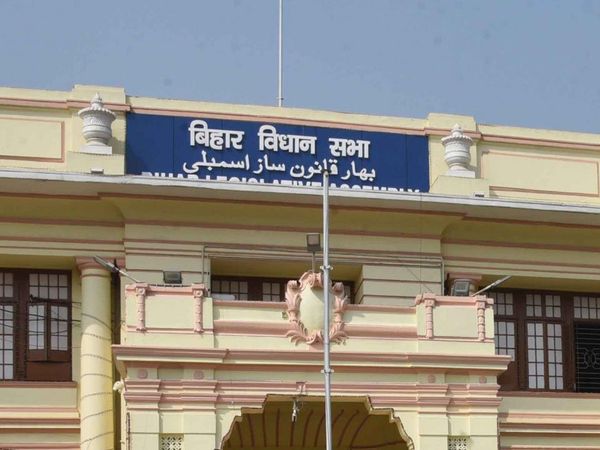The Congress of South African Trade Unions has voiced its support for the South African Democratic Teachers’ Union’s demand that educators employed on temporary contracts become permanent employees. This is a significant vote of support as the Congress of South African Trade Unions is that country’s national trade union confederation.

High School in South Africa. © UNESCO/Darryl Evans
The South African Democratic Teachers’ Union (SADTU), affiliated to Education International (EI), had urged national public authorities to change their treatment of temporary educators. It said that temporary educators have been “exploited” by the Department of Education (DoE) for many years and should be employed as permanent DoE employees by the end of April 2015, or when schools reopen after industrial action in the North West province.
Time to end exploitation
The DoE is “supposed to educate everybody about their rights and stop abusing the poor workers”, the Congress of South African Trade Unions (COSATU) stated.
It also highlighted that South African President Jacob Zuma, in his State of the Nation Address, had said that workers must not be employed as temporary for more than three months.
It is time to confront those who undermine the laws of South Africa, the COSATU said: “Our poor educators, in particular the temporary and adult basic education and training (ABET) educators, are exploited big time.”
Improved work and living conditions
The COSATU demands that: all temporary educators should be employed full-time, ABET educators should be paid their full salary with arrears until December 2014, educators should be allowed to join the union of their choice, must pay unemployment insurance, and must work under improved conditions.
“We have had enough of officials destroying our union and of some politicians undermining our union leaders and recognising any unions except COSATU affiliates,” it stressed.
The COSATU is calling on its member unions, in particular the SADTU and the National Education, Health and Allied Workers’ Union (NEHAWU) in the NW province, to develop a joint programme to confront the government departments of health and education in the next two weeks. This programme will defend workers who are exploited by both politicians and employers who also happen to be the government.
The national trade union confederation also warned public authorities about a mass action from its members “against anyone who wants to stand in our way to improve the working conditions of our members”.
















